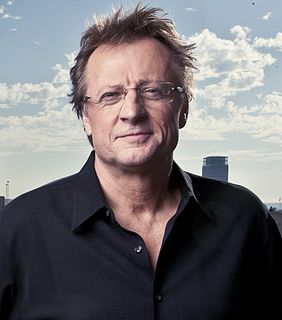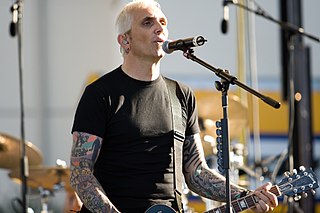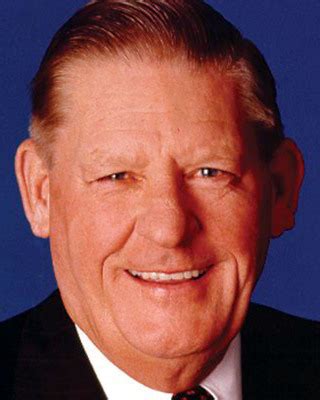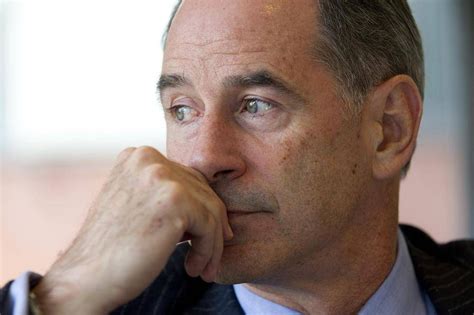A Quote by Michael Porter
Strategy 101 is about choices: You can't be all things to all people.
Quote Topics
Related Quotes
People who achieve great things are people who make choices. Far too many people today let life dictate their future instead of the other way around. Choices are hard - that's why so few actually make them. But as the saying goes - not to make a choice is to make a choice. When it comes to choices, The question is - what choices will you make today? The world doesn't care about your problems, or what's holding you back. They don't care about your past failures, or any other obstacles you face. Stop making excuses and start making choices.
People sometimes talk about me as being a brand, having a strategy and whatever else. I wish. Seriously. I wish I had it together enough to have a strategy. But it's so instinctual. It usually comes down to two things: the person I'm working with - the director is really important to me - and a line in a script.
Somebody asked me 'what's the job of a CEO', and there's a number of things a CEO does. What you mostly do is articulate the vision, develop the strategy, and you gotta hire people to fit the culture. If you do those three things, you basically have a company. And that company will hopefully be successful, if you have the right vision, the right strategy, and good people.
People believe that management consultants are mostly useless parasites. Up until about 1980 it was consultants more than anyone else who came up with the critical concepts behind strategy. The history of strategy suggests there are lots of things consultants can do for a company that the company can't typically do for itself.


































